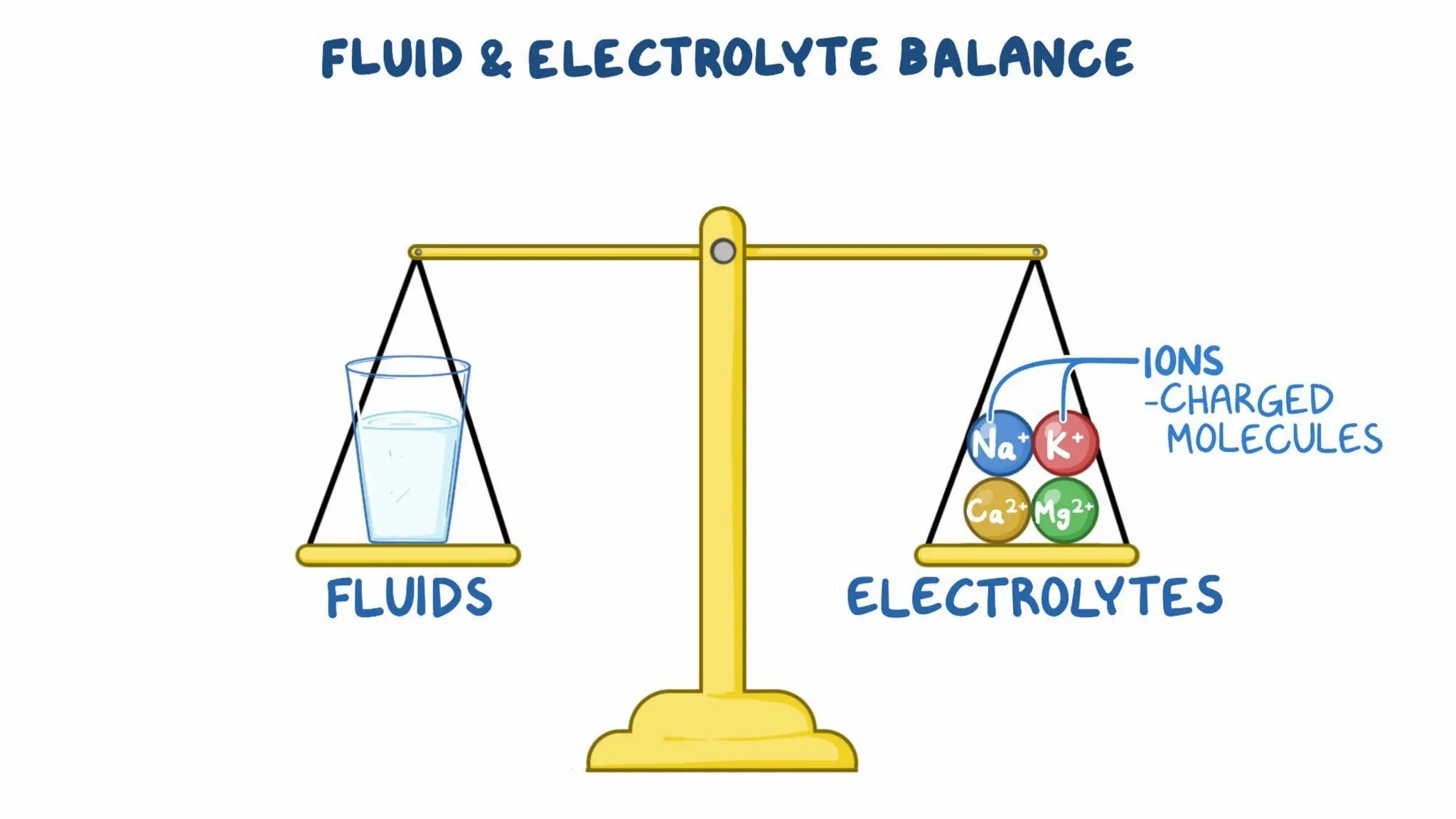Electrolytes aren’t just for athletes or people running marathons. They’re essential minerals that regulate nearly every function in the human body — and if you’re not actively paying attention to your intake, especially if you’re sweating, dieting, or fasting, there’s a good chance you’re running low.
Let’s break down what electrolytes are, why they matter, and why supplementation might be more essential than you think.
What Are Electrolytes?
Electrolytes are electrically charged minerals — including sodium, potassium, magnesium, calcium, chloride, phosphate, and bicarbonate — that are found in your blood, sweat, and urine. They help:
-
Regulate fluid balance
-
Maintain healthy nerve and muscle function
-
Support proper pH levels
-
Control blood pressure and hydration
-
Aid in muscle contraction (including the heart)
Without adequate electrolytes, your cells can't communicate properly. You can feel tired, foggy, cramped, dizzy, or worse.
Why Do We Become Deficient?
Electrolyte loss is more common than most people think. You lose electrolytes through:
-
Sweat – Whether you’re training hard or just living in a warm climate.
-
Low-carb diets – Keto and similar diets often result in increased water and sodium loss.
-
Alcohol and caffeine – Both act as diuretics, increasing fluid and electrolyte loss.
-
Fasting – Going without food means missing out on key electrolytes unless supplemented.
-
Stress and illness – Vomiting, diarrhea, or intense physical exertion deplete levels fast.
Over time, depletion can lead to symptoms like chronic fatigue, poor performance, muscle cramps, irregular heartbeat, and confusion.
The Case for Supplementation
Most people think they get enough electrolytes from food, but if you’re active, sweating, eating clean, or intermittent fasting, you likely need more.
Supplementation helps:
-
Improve hydration more effectively than water alone
-
Prevent muscle cramps and maintain endurance during exercise
-
Balance energy and reduce brain fog
-
Support adrenal health under physical or mental stress
-
Restore what’s lost during long fasts, saunas, or hot climates
What to Look for in an Electrolyte Supplement
Not all electrolyte supplements are created equal. Skip the sugar-loaded sports drinks. A high-quality electrolyte mix should contain:
-
Sodium (at least 500mg per serving)
-
Potassium (~200mg+)
-
Magnesium (ideally glycinate, citrate, or malate)
-
No added sugars
-
Trace minerals for added function
Ideally, they’re also third-party tested, clean, and easy on the stomach.
Final Word
Whether you’re an athlete, someone who follows a clean diet, or just trying to feel better day to day, getting your electrolytes right is a low-hanging fruit with a high payoff. Water alone won’t cut it — and when your body is low, it lets you know.
You don’t have to guess. Supplement smart and feel the difference.
Iron Age Nutrition's Total Hydrate does just that!
References:
-
Cleveland Clinic – What Are Electrolytes and Why Do You Need Them?
https://health.clevelandclinic.org/what-are-electrolytes -
Harvard School of Public Health – Electrolytes and Their Role in the Body
https://www.hsph.harvard.edu/nutritionsource/electrolytes -
Healthline – Everything You Need to Know About Electrolytes
https://www.healthline.com/nutrition/electrolytes -
National Library of Medicine – Electrolyte Disorders and Their Impact
https://www.ncbi.nlm.nih.gov/pmc/articles/PMC7278919/ -
Examine.com – Electrolytes and Supplementation Guide
https://examine.com/supplements/electrolytes/


Share:
Why Celtic Sea Salt Is a Superior, Clean Source of Essential Minerals
Natural Flavors - The good and the Flavored.